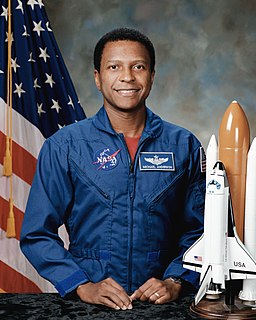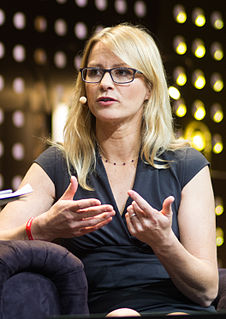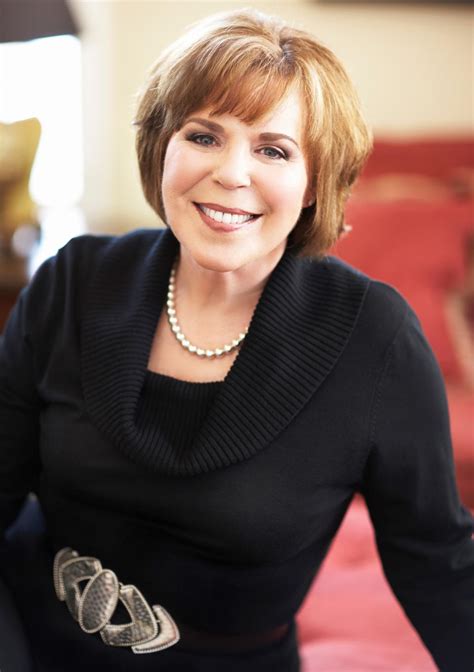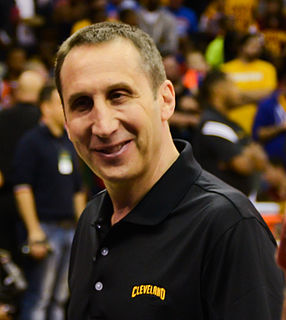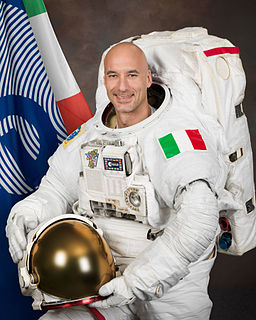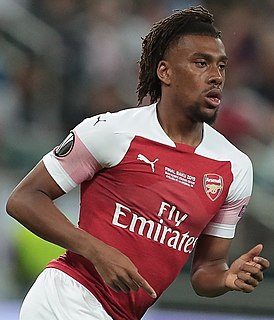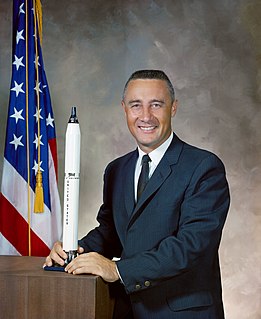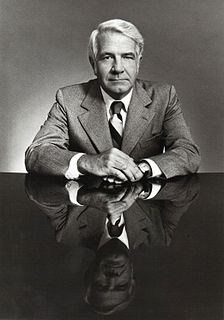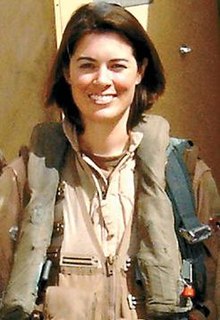A Quote by Michael P. Anderson
I went to the University of Washington as a physics and astronomy major. My other interest, of course, was aviation. I always wanted to be a pilot. And if you're going to fly airplanes, the best place to be is the Air Force.
Related Quotes
Major Richard Bong was an example of the tragic and terrible price we must pay to maintain principles of human rights, of greater value than life itself. This gallant Air Force hero will be remembered because he made his final contribution to aviation in the dangerous role of test pilot of an untried experimental plane, a deed that places him among the stout-hearted pioneers who gave their lives in the conquest of sky and space.
The thing is, helicopters are different from planes. An airplane by it's nature wants to fly, and if not interfered with too strongly by unusual events or by a deliberately incompetent pilot, it will fly. A helicopter does not want to fly. It is maintained in the air by a variety of forces and controls working in opposition to each other, and if there is any disturbance in this delicate balance the helicopter stops flying; immediately and disastrously. There is no such thing as a gliding helicopter.
